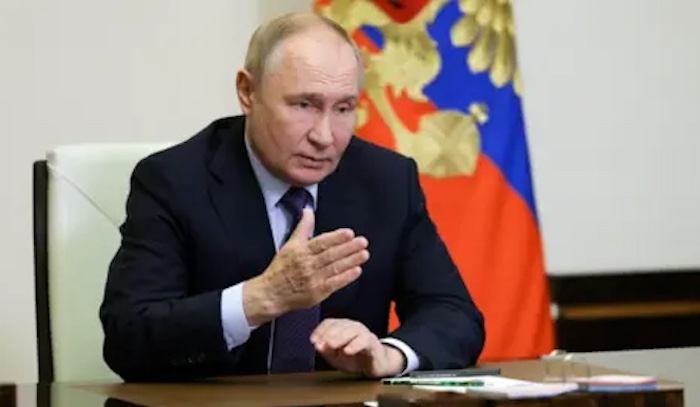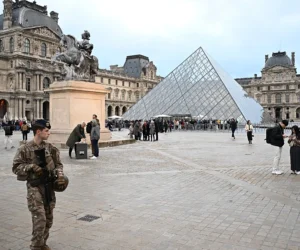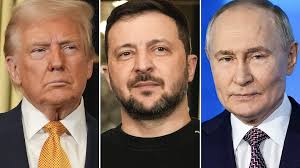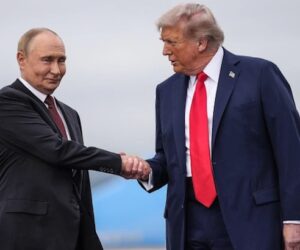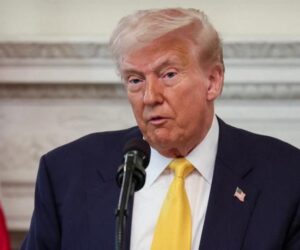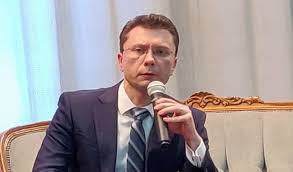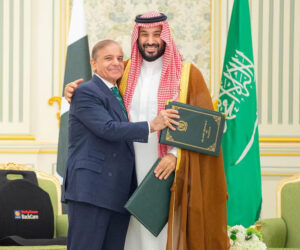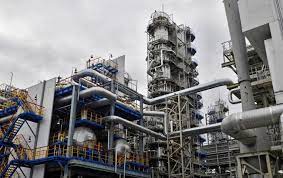Russian President Vladimir Putin has rejected Western proposals for a “reassurance force” in Ukraine the day after any ceasefire, warning that foreign troops deployed would be treated as “legitimate targets”. His remarks came after a Paris summit where Ukraine’s allies sought to finalise plans for security guarantees.
French President Emmanuel Macron said 26 of Ukraine’s allies had formally committed to deploying forces “by land, sea or air” to help provide security the moment fighting ceased. “The force does not have the will or the objective of waging war against Russia,” Macron stressed, insisting it would be aimed at preventing “any new major aggression” rather than taking positions on the front line. He did not disclose which countries would take part.
Putin moved swiftly to quash the initiative, declaring that any foreign presence in Ukraine would be a danger to Russia, “especially if they appeared now, even though there are no plans for an immediate deployment”.
The Paris meeting followed last month’s Alaska summit between Putin and US President Donald Trump, which had briefly raised hopes of a meeting with Ukraine’s Volodymyr Zelensky and a possible peace deal. Putin, however, poured cold water on the prospect. “I am ready for contact with the Ukrainian leader,” he said on Friday, “but I do not see much point. Why? Because it is nearly impossible to reach agreement with the Ukrainian side on key issues.”
Kremlin spokesman Dmitry Peskov praised Trump’s “very constructive efforts” but condemned “the outrageous efforts of European countries to provoke continuation of the war”.
Since the Alaska meeting, the so-called “Coalition of the Willing” led by the UK and France has been working on plans to provide Kyiv with security guarantees, including a “reassurance force” to patrol any deal and bolster Ukraine’s military. Zelensky welcomed the Paris decisions as “the first concrete step”.
The US has yet to clarify the scale of its involvement. Macron said this would be finalised “in the coming days”. Trump indicated US support would “probably” come in the form of air cover, while Zelensky said he had spoken to Trump about “maximum protection for Ukraine’s skies”. The former US president added he was “having a very good dialogue” with Putin and expected to speak with him again soon. Putin confirmed he had “an open dialogue” with Trump.
Kyiv insists a ceasefire must precede any broader peace deal, a stance Russia rejects. Speaking at an economic forum in Vladivostok, Putin said: “If decisions are reached that will lead… to long-term peace, then I simply don’t see the point in \[foreign troops’] presence \[in Ukraine].” He promised Russia would comply “in full” with any settlement that genuinely secured peace.
At the same event, Putin repeated his readiness to host a summit with Zelensky in Moscow, offering to provide security. When asked by the BBC if this meant Russia was seeking Ukraine’s capitulation, Peskov replied: “Not at all, not at all. He’s invited to Moscow to talk, not to capitulate.” Zelensky dismissed the offer as unserious, ridiculing it as proof that Putin “does everything to defer” negotiations. He said Ukraine would support “any format, bilateral meeting, trilateral meeting,” but not on Moscow’s terms. Neutral capitals have been floated, though Putin complained of “excessive demands”.
Western leaders fear Moscow is stalling while continuing its military push. Putin, who met China’s Xi Jinping and North Korea’s Kim Jong Un earlier in the week, insisted Russia’s army was advancing “on all fronts” in Ukraine. More than three and a half years into the full-scale war, he acknowledged there was “a certain light at the end of the tunnel” but cast doubt on any imminent deal, citing Ukraine’s insistence on referendums and the lifting of martial law before any territorial changes. Russia has illegally annexed five Ukrainian regions but only fully controls Crimea.
Moscow has also demanded to act as one of Ukraine’s security “guarantors”—an idea rejected outright by Kyiv and its allies. Peskov told the BBC that any foreign forces in Ukraine would be a threat “because we are an enemy of Nato”.
Nato Secretary General Mark Rutte dismissed Russia’s objections: “Why are we interested in what Russia thinks about troops in Ukraine? It’s a sovereign country. It’s not for them to decide.”
While few countries have openly committed to sending troops, European diplomats caution that premature pledges risk feeding Putin’s narrative against the West. The US has already ruled out ground deployments. Still, UK Prime Minister Sir Keir Starmer said allies now had an “unbreakable pledge” to Ukraine, backed by Washington, and had to press Russia to end the war. A Downing Street spokeswoman said Starmer believed the West’s unity was now “a strategic weapon”.
German Chancellor Friedrich Merz argued the immediate priority was to secure a ceasefire at a summit with Zelensky before working on “strong security guarantees”. UK Defence Secretary John Healey praised Trump for having “brought Putin into talks” and “not closed off any options”.
Ahead of the Paris summit, an Élysée Palace source pointed to Korea’s demarcation line as an example of a ceasefire that has held for decades without a peace agreement, backed by a US-led allied force. “That concept is extremely important for the Ukrainians,” the source said.
For now, however, Putin’s rejection of a Western “reassurance force” has underscored the gulf between Moscow and Kyiv’s allies, with little prospect of a ceasefire in the near term.
Boluwatife Enome
Follow us on:

